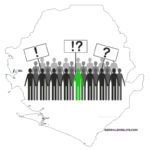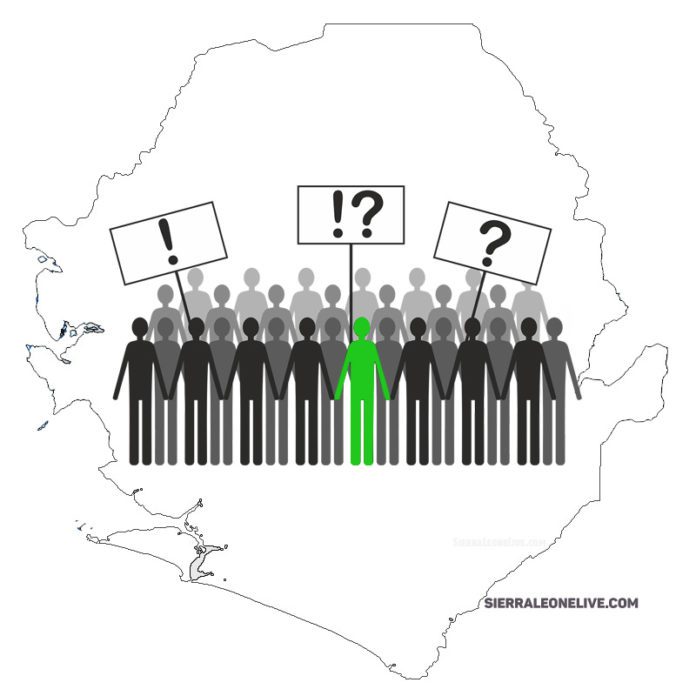
By Jaime Yaya Barry
For far too long, stories about the birth father of Thampèreh’s democracy circulated across the village. In the village’s dark history of a brutal civil war and elements of coup d’états, a man believed to have saved the village from totalitarianism rose among the people. The man and his gang (by a gang, we mean a group of friends), belonging to the warrior squad of Thampèreh, had, in times past, stormed the village’s palace and overthrew its long-term dictator and violator of human rights. The man and his comrades ruled with an iron fist for many, many moon circles.
And one day, the man, in his infinite wisdom, felt the new rulers were not working in the people’s interest. It, therefore, pleased him to overthrow his comrades and take over the village’s affairs.
But because warriors were not allowed to rule any village across kingdoms, he handed over power to civilian rule. That transition paved the way for the start of Thampèreh’s would-be democracy. Many in the village named the man the father of democracy in Thampèreh.
But there was no way to prove that he was indeed the father. There were no DNA testing machines then, and the man had long abandoned the village and lived in another kingdom for over two hundred and forty moon circles. So, there was no way to collect samples from him to see if he was the true father. He was also jobless in his new kingdom and couldn’t send child support back home to nurture his democratic child. Some even said he lived on handouts.
Democracy is something many in the village believe should be cherished. The village has come a long way in building and strengthening its democratic principles and institutions. That was why when Hee Bee Kay, Thampèreh’s past Painter, began abusing his power by destroying some of those institutions, it was easy for villagers to vote out his Red Sun ideology and anyone who stood with him. And there was no better person to breathe new life into the village’s democracy than the father himself.
Or so the villagers thought.
Since coming to power, the people observed the new Painter’s governance method with keen interest. They wanted to see how much he loved and cared for his child. And as the days went by, he began manifesting signs of an undemocratic father.
First, he refused to condemn his wife, queen Yidador-Ka, after she called for mob justice on anyone she considered an enemy. Then Thampèreh’s N.A Gbadas, the village’s version of the police, began committing atrocities by arresting and torturing villagers. They killed innocent citizens and gunned down dozens of protesters in several regions across the village. Also, the Painter, through his comrades, accused a retired warrior of trying to topple him and charged him with treason.
And while in prison, men and women believed to be loyal to the Painter said they dreamt the retired warrior tried escaping and, acting on their dream, they stormed his cell. In the process, dozens of prisoners were massacred and buried in unknown locations. The actual number of victims and their identity remain a misery.
Since taking over as the village’s Painter, his rule has been marred by several allegations of corruption, human rights abuse, N.A Gbada brutality, illegal arrest, detention and torture, and a host of other grave violations of Thamprèreh’s guiding principles. He continues to destroy the democratic fabrics that bind the village together.
Villagers are now wondering whether this man is the true father of Thampèreh’s democracy or an imposter. They wonder if he voluntarily handed power to civilian rule or was forced to do so.
But one thing is sure; if villagers collect samples from this Painter and conduct a DNA test today, the result will show that he is an imposter and certainly not the father of Thampèreh’s democracy.

